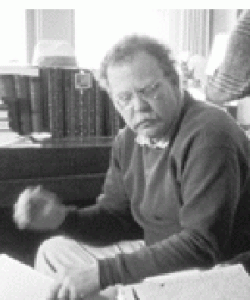Literary MagNet
Literary MagNet chronicles the start-ups and closures, successes and failures, anniversaries and accolades, changes of editorship and special issues—in short, the news and trends—of literary magazines in America. This issue's MagNet features can we have our ball back?, Portrait, Argosy, and DoubleTake.












